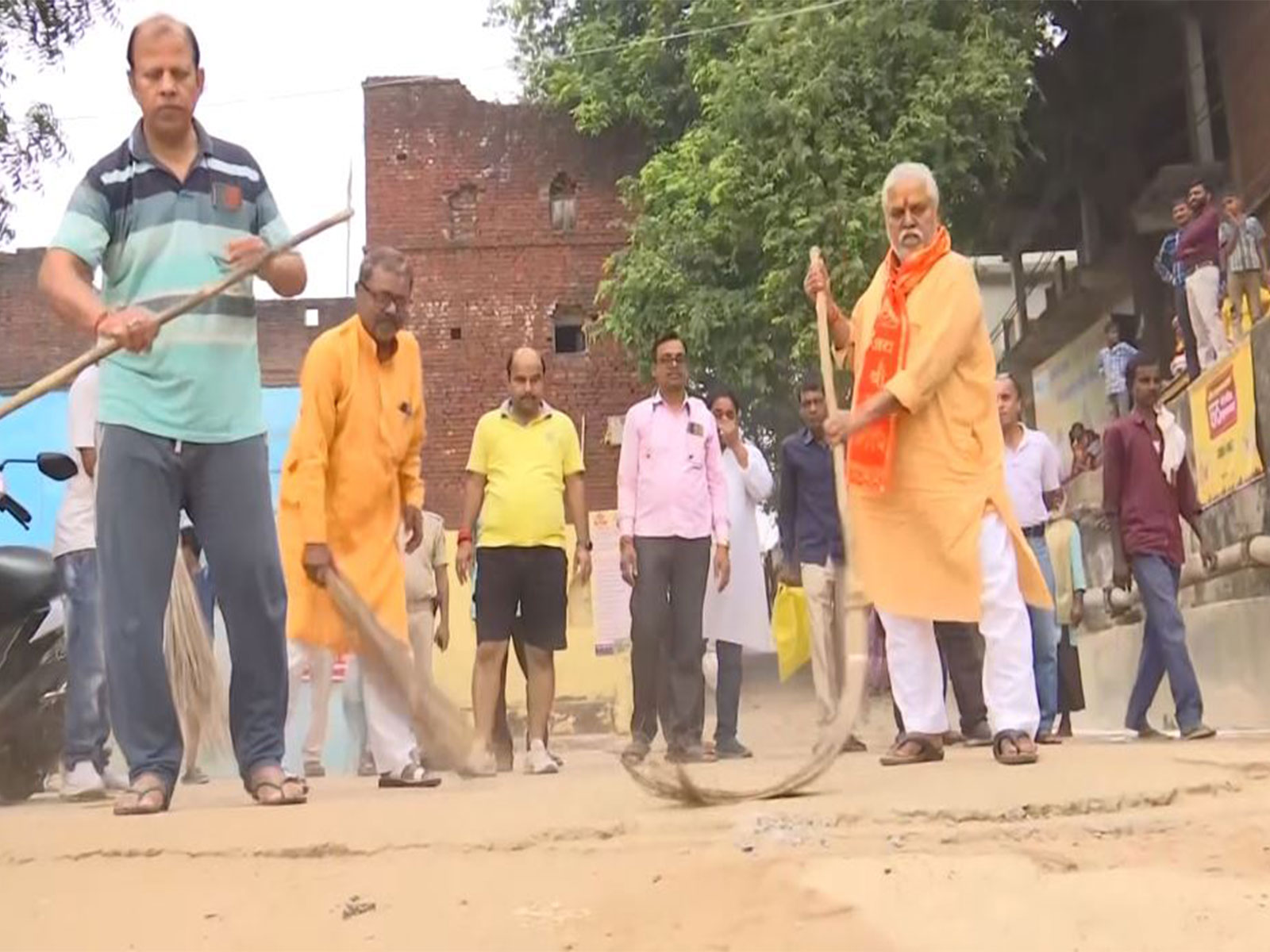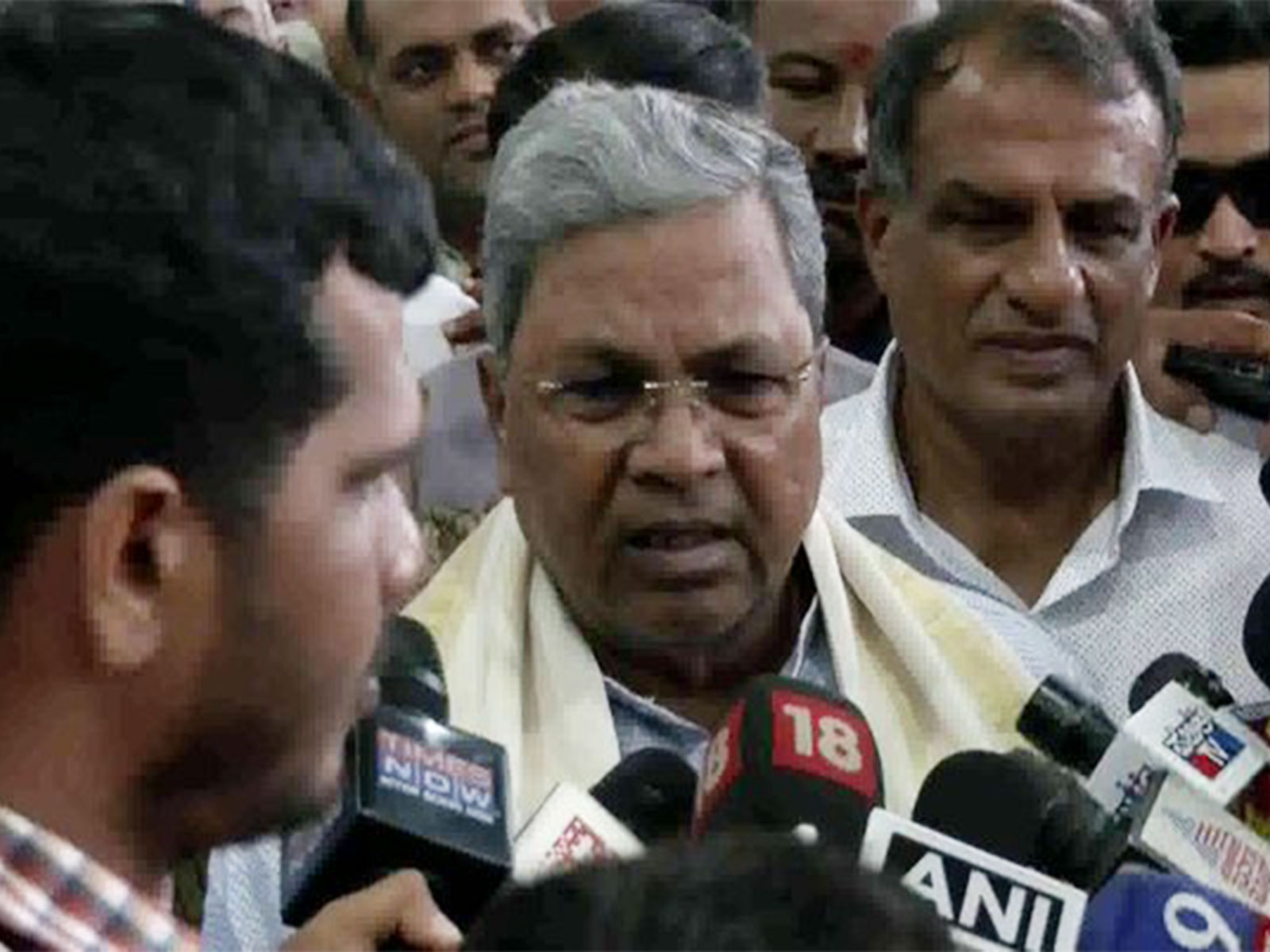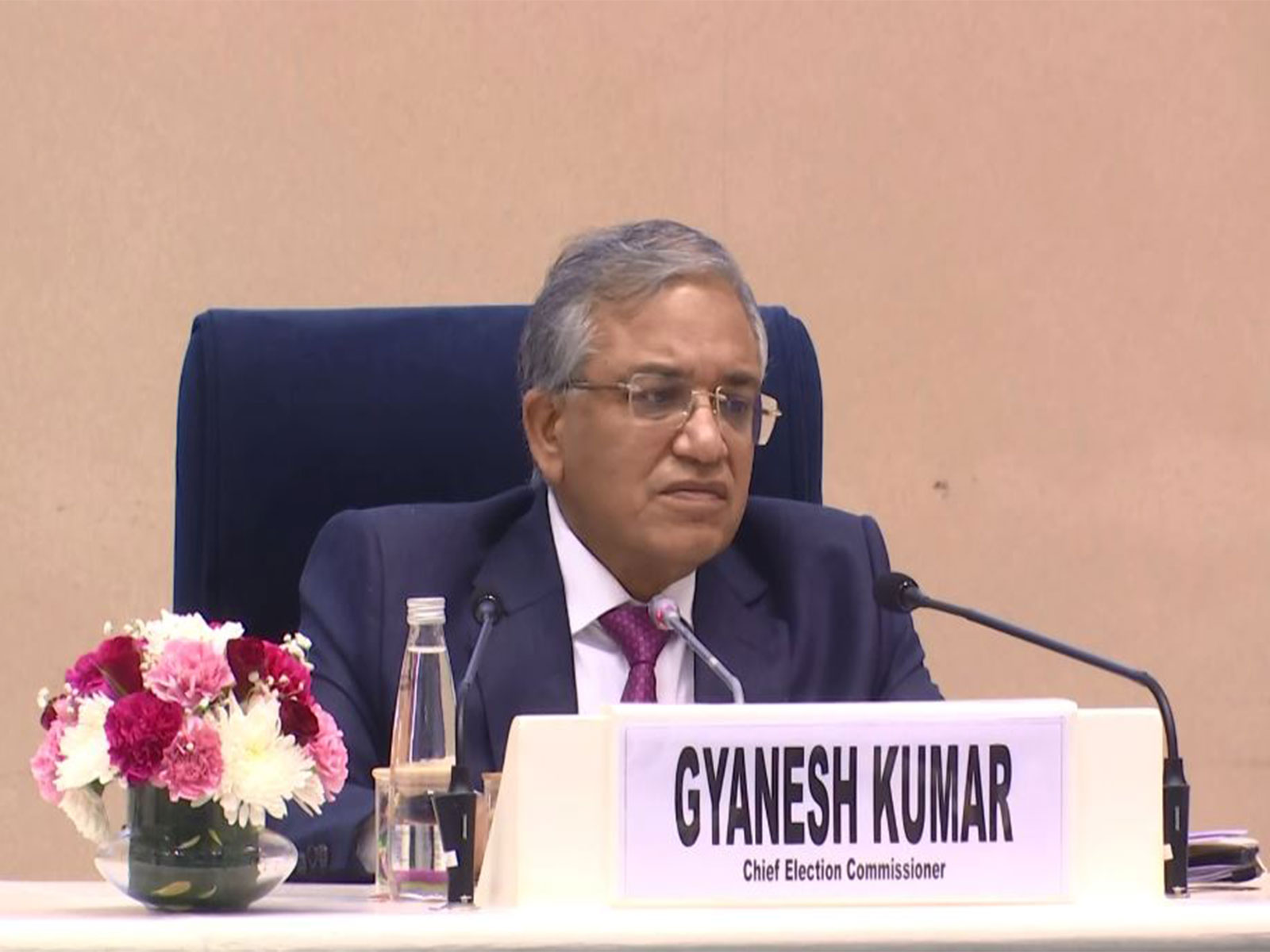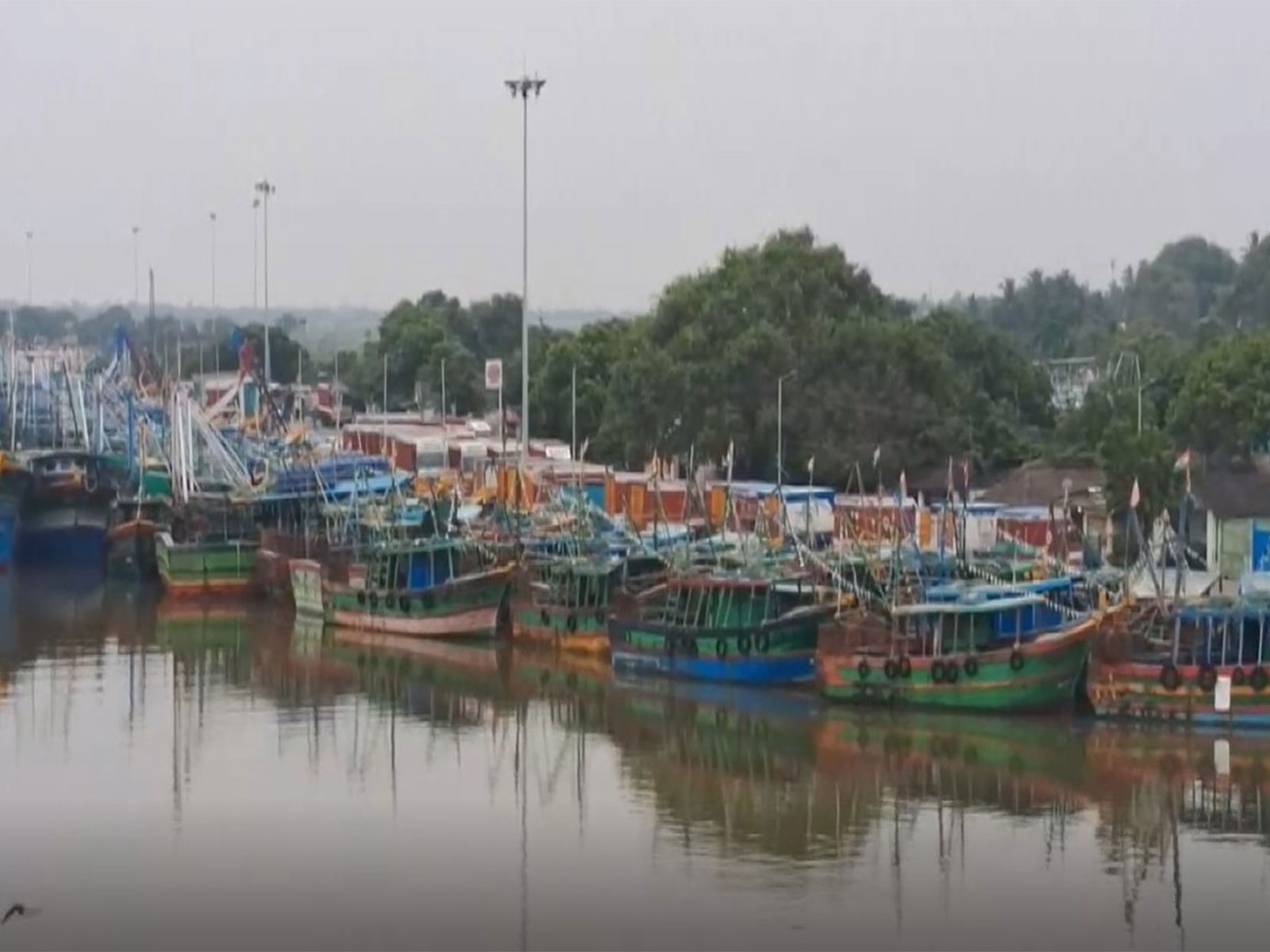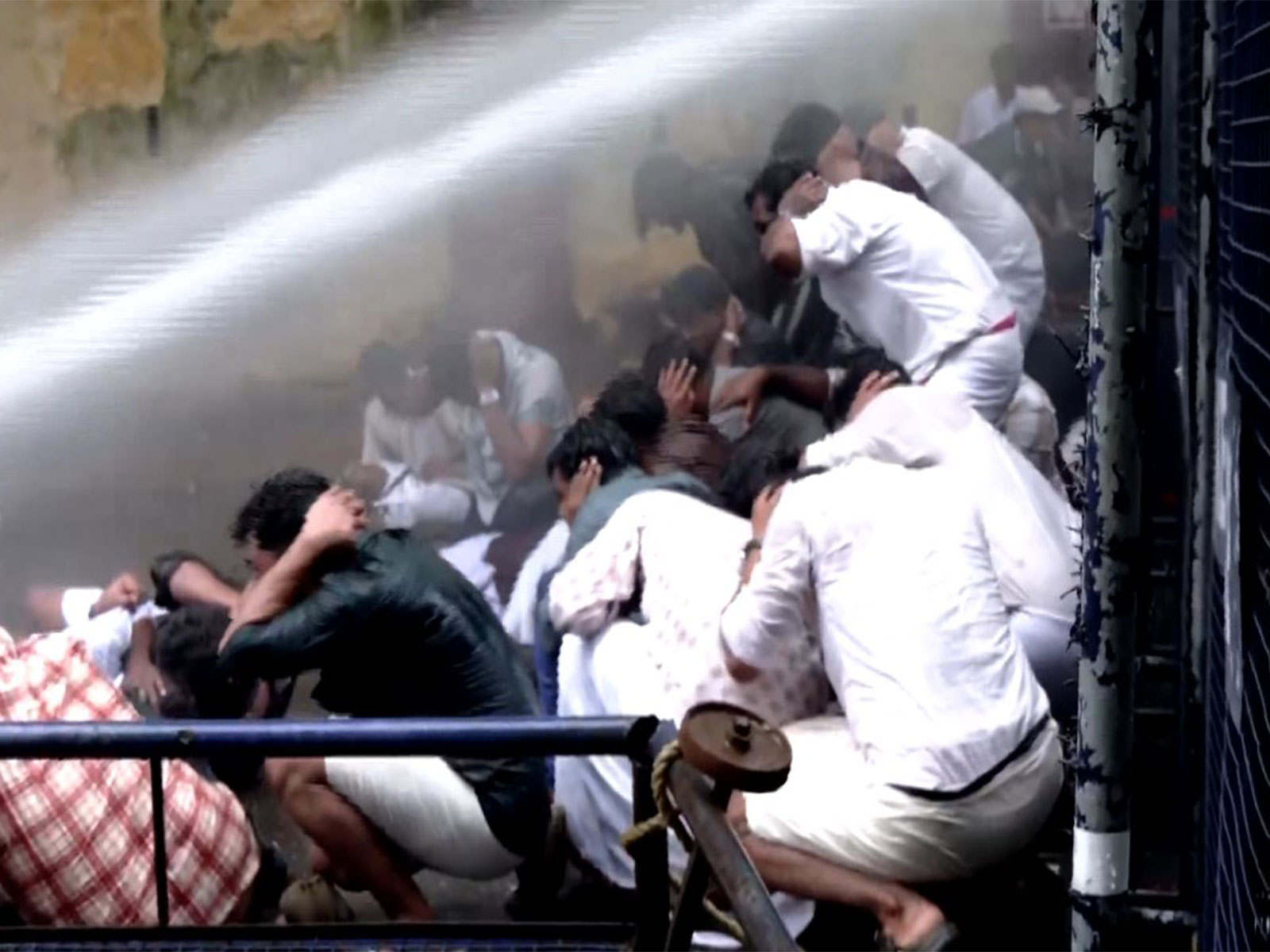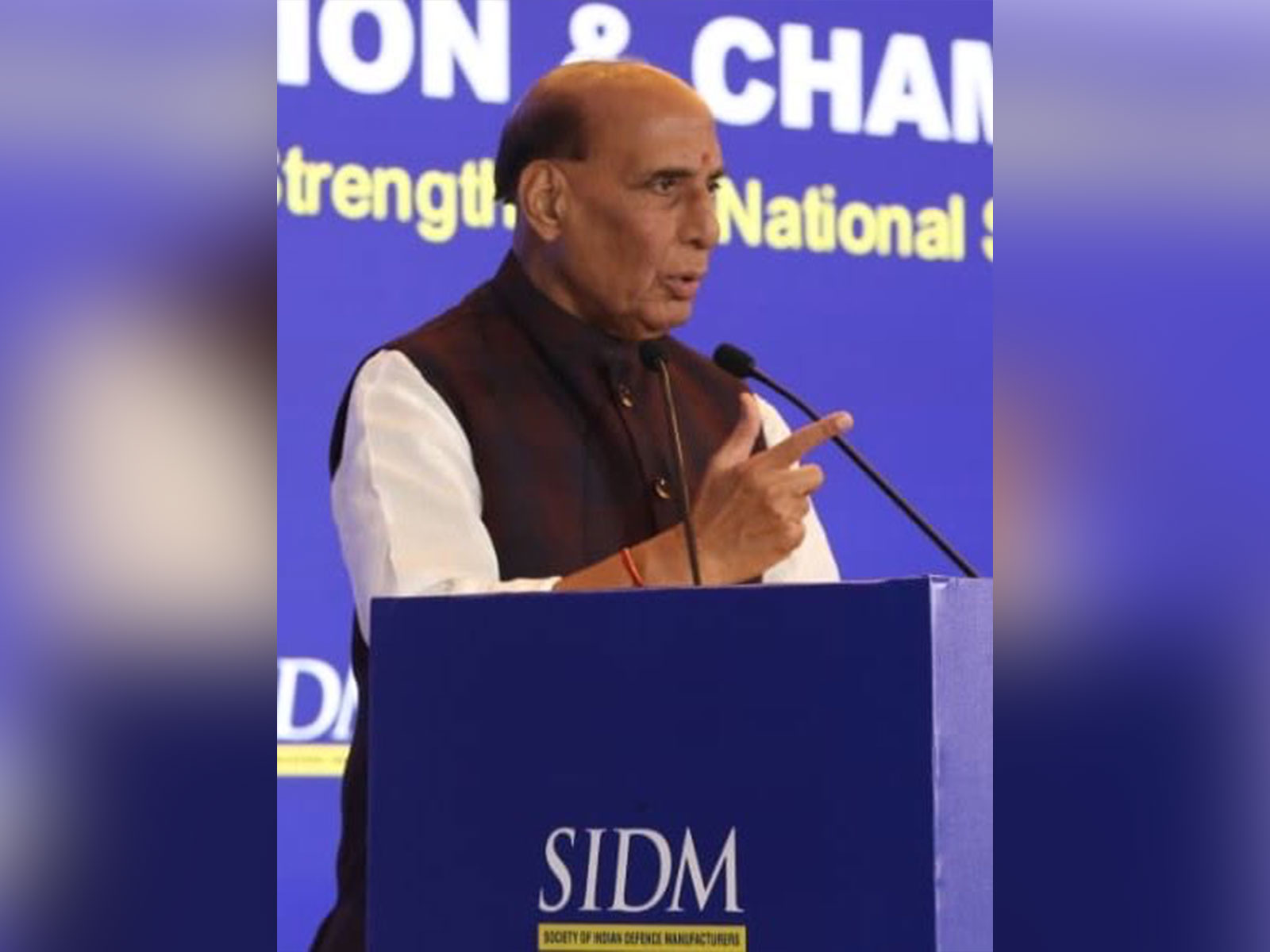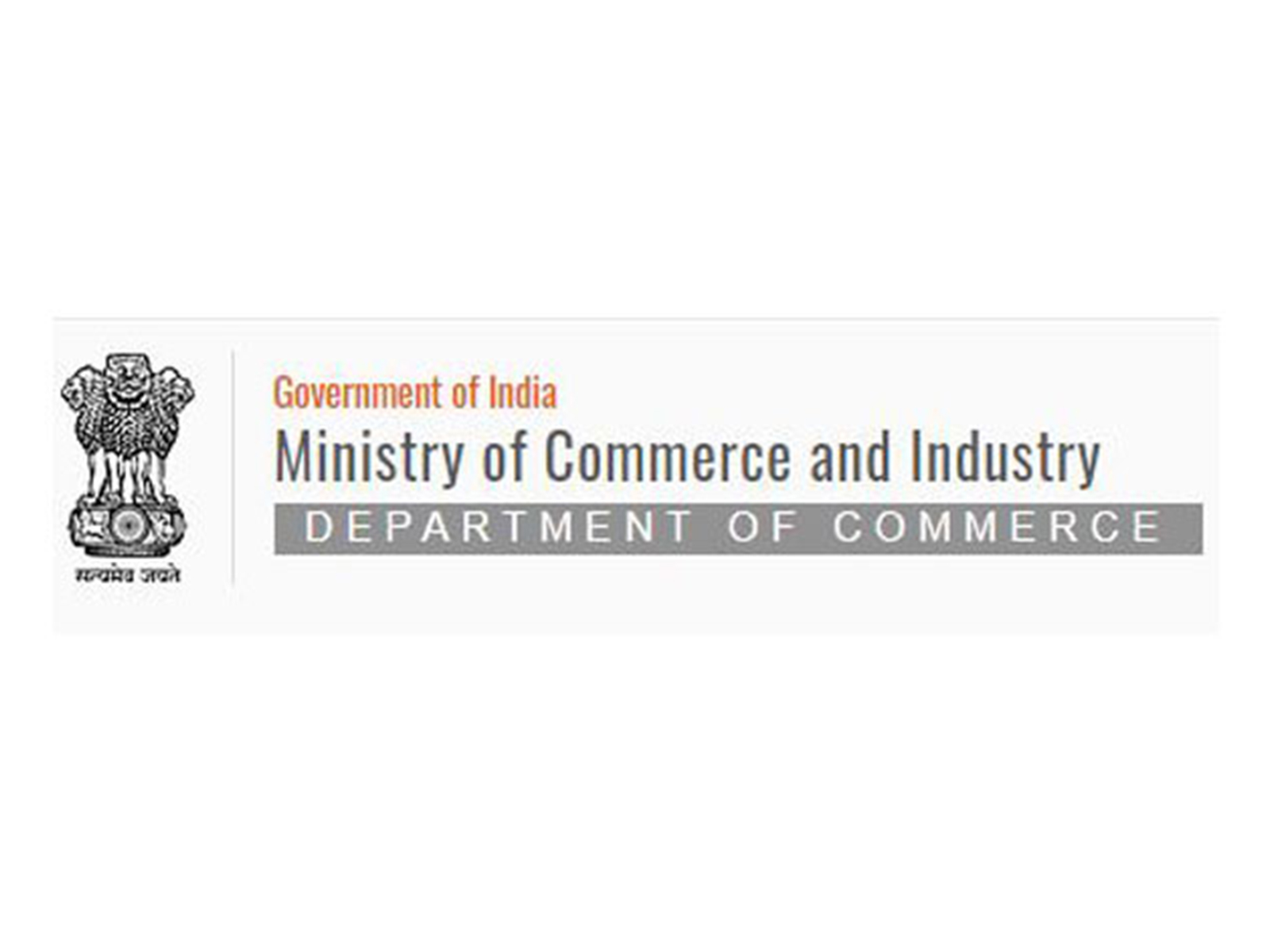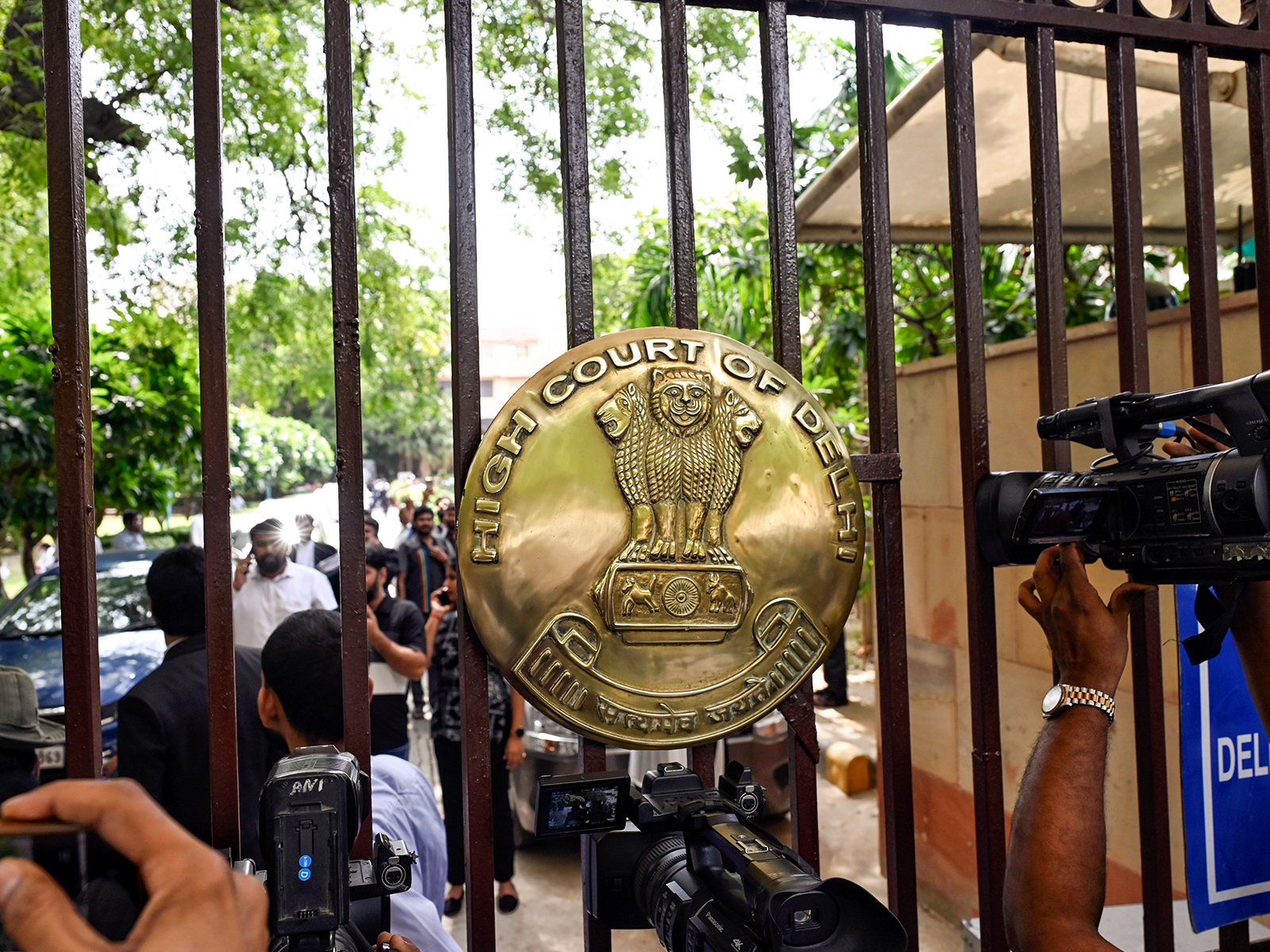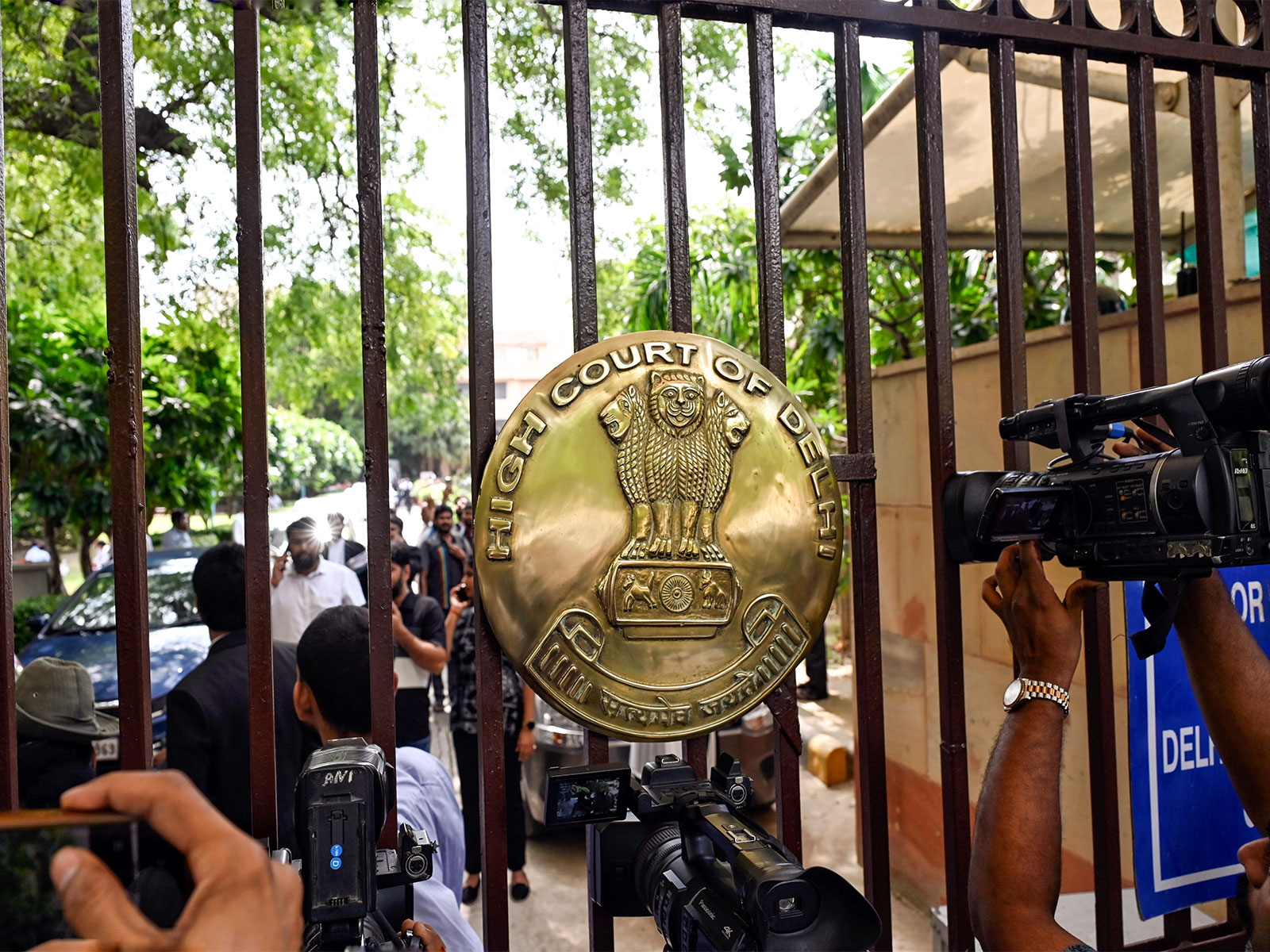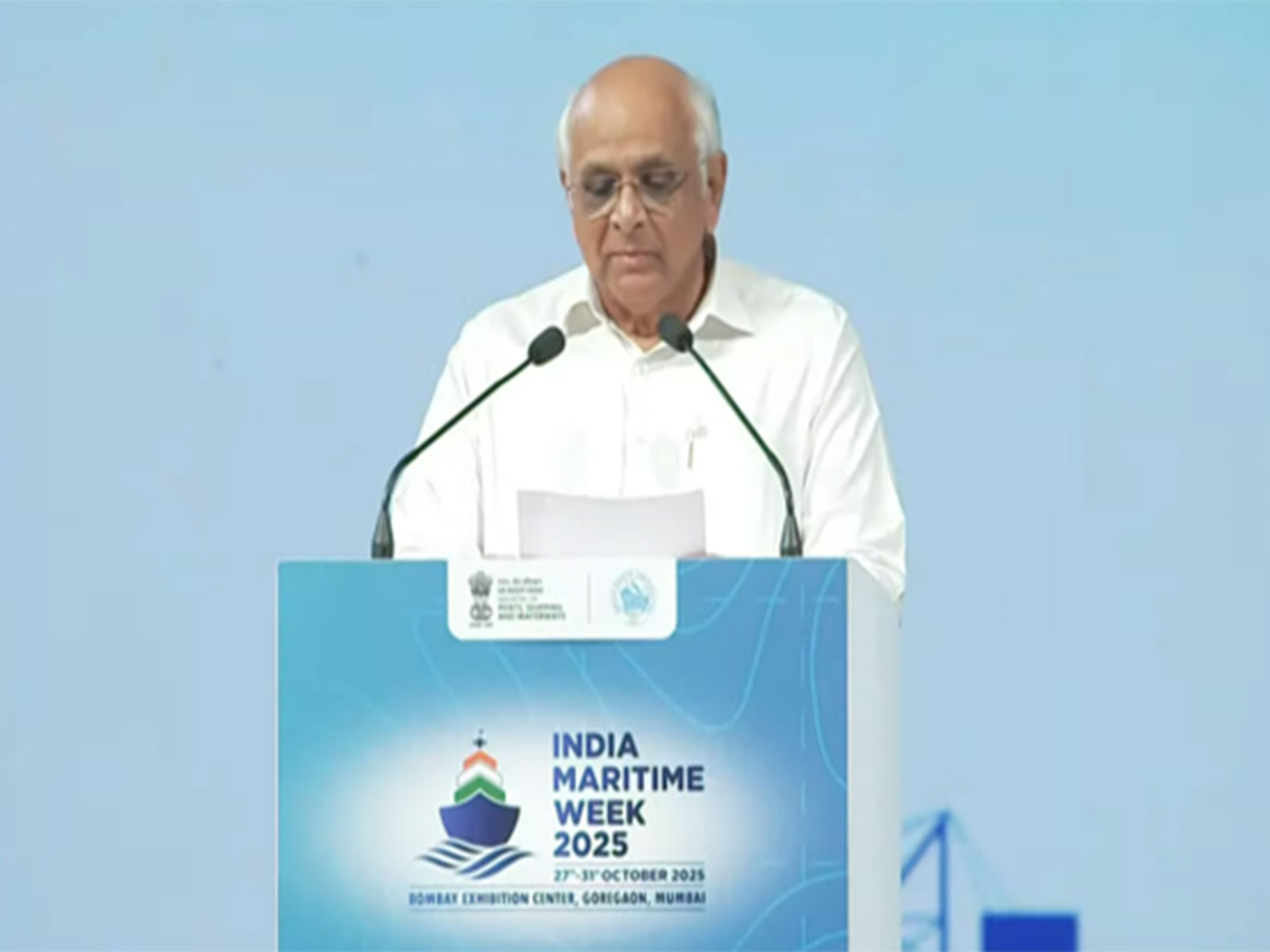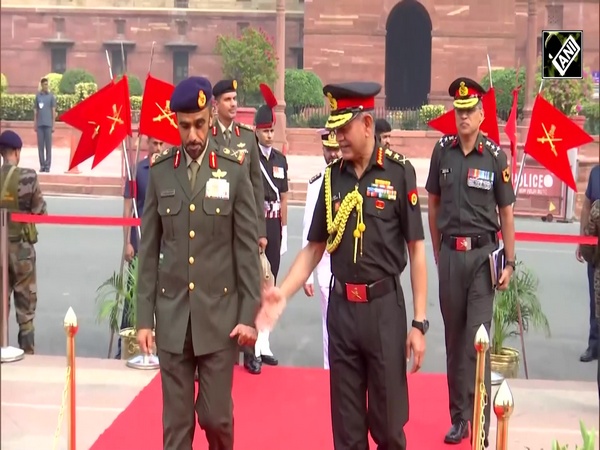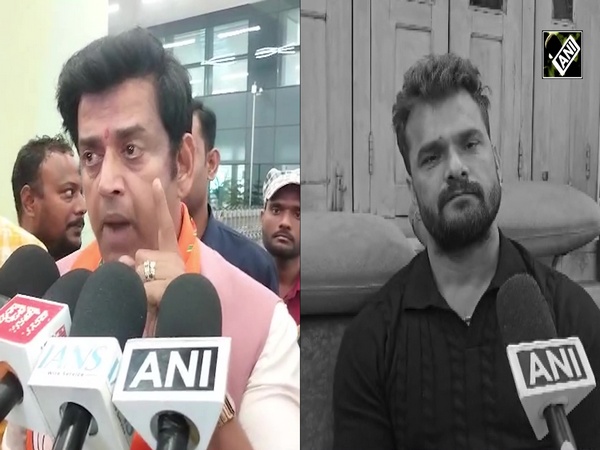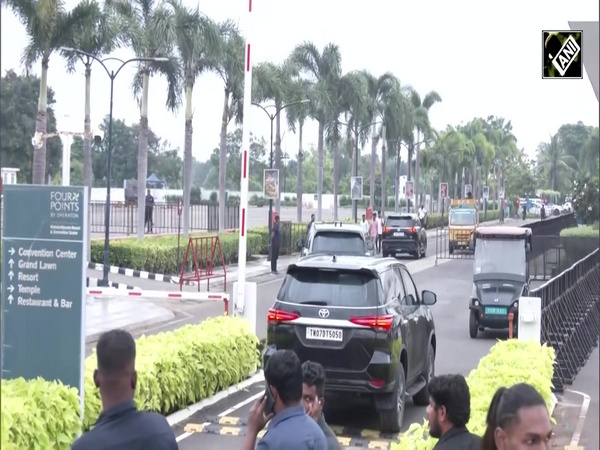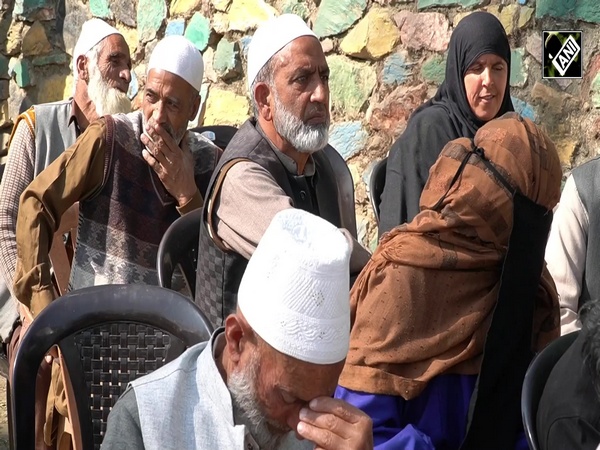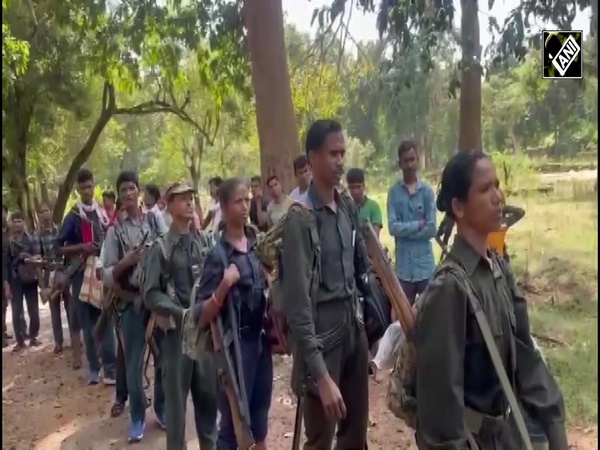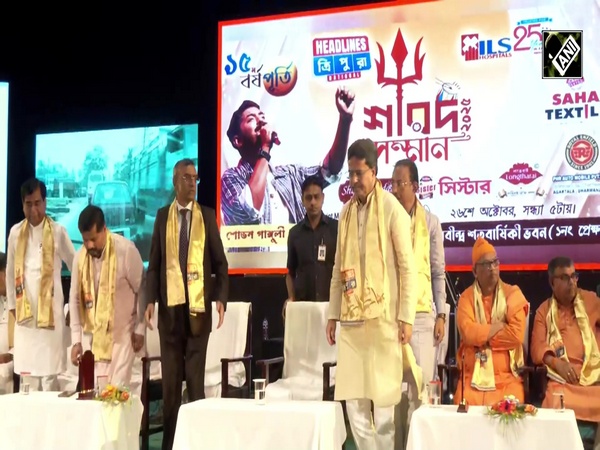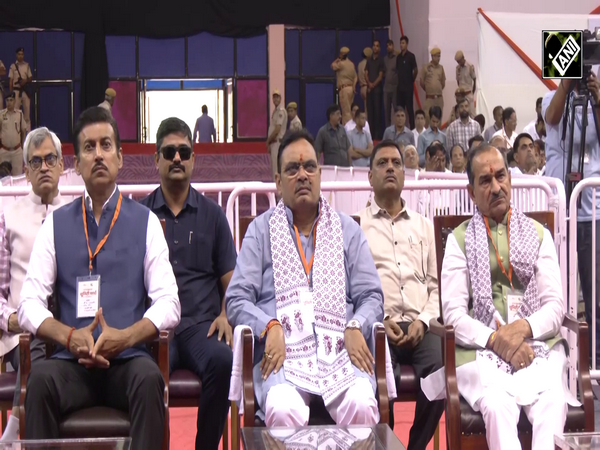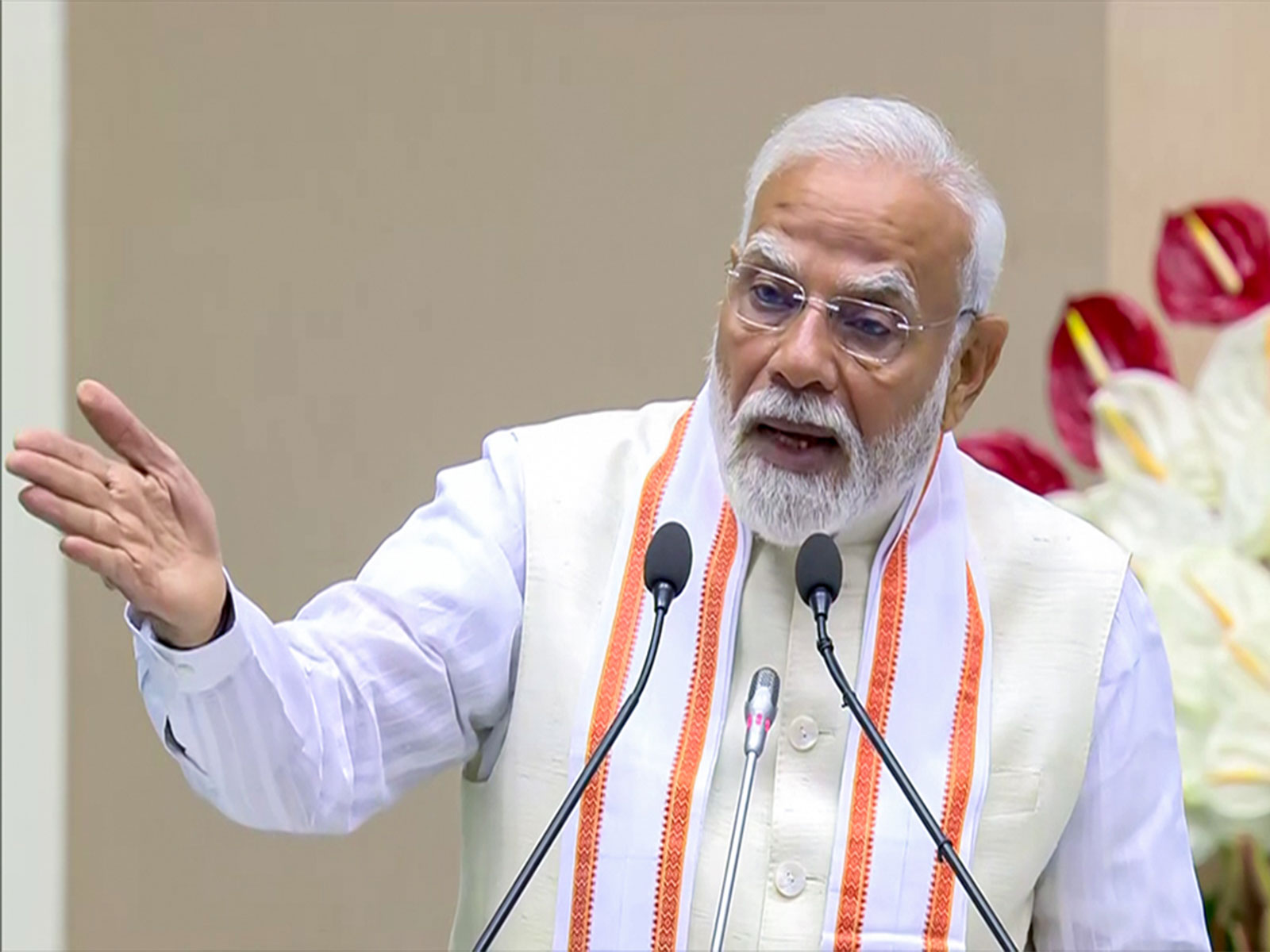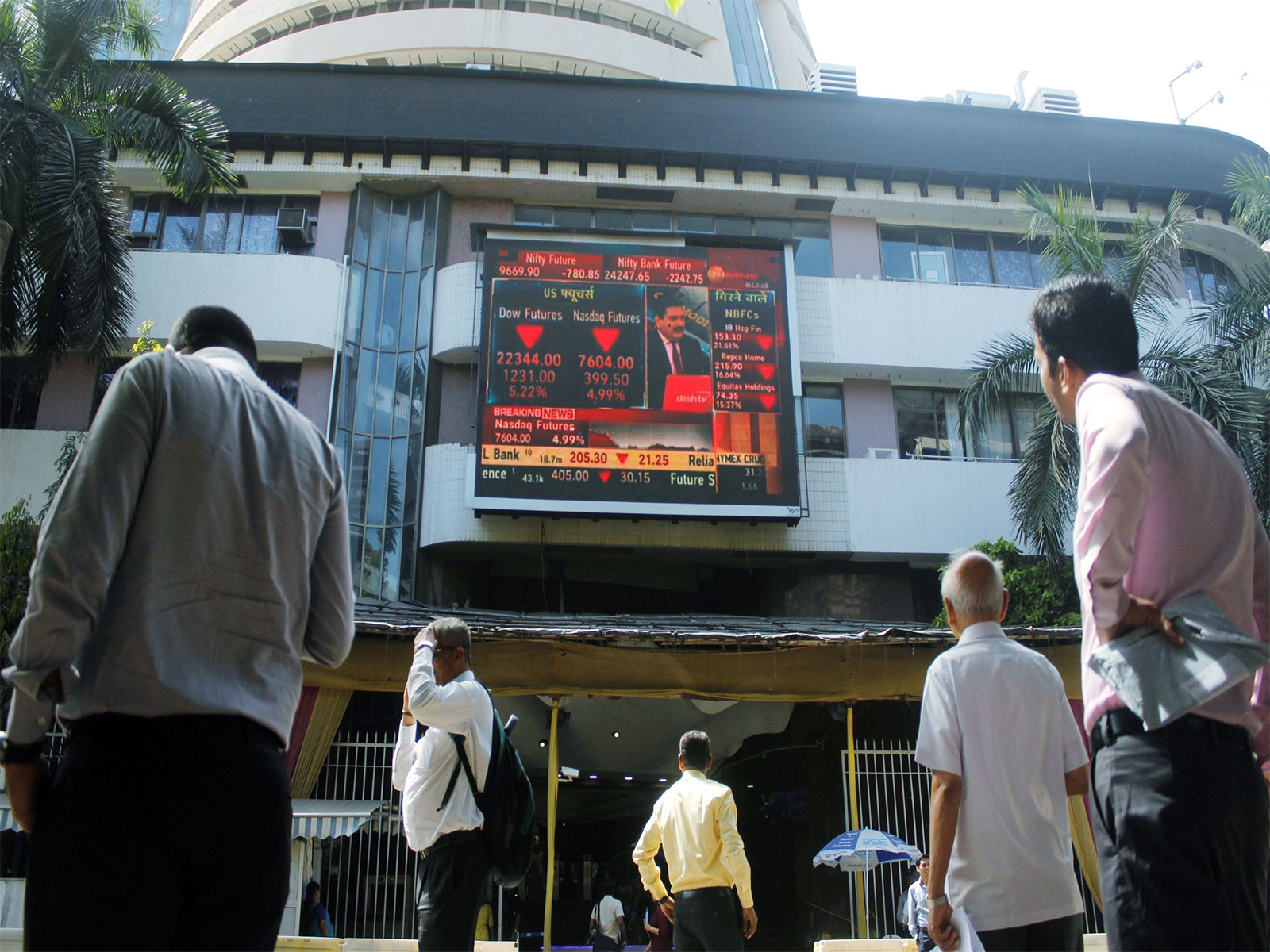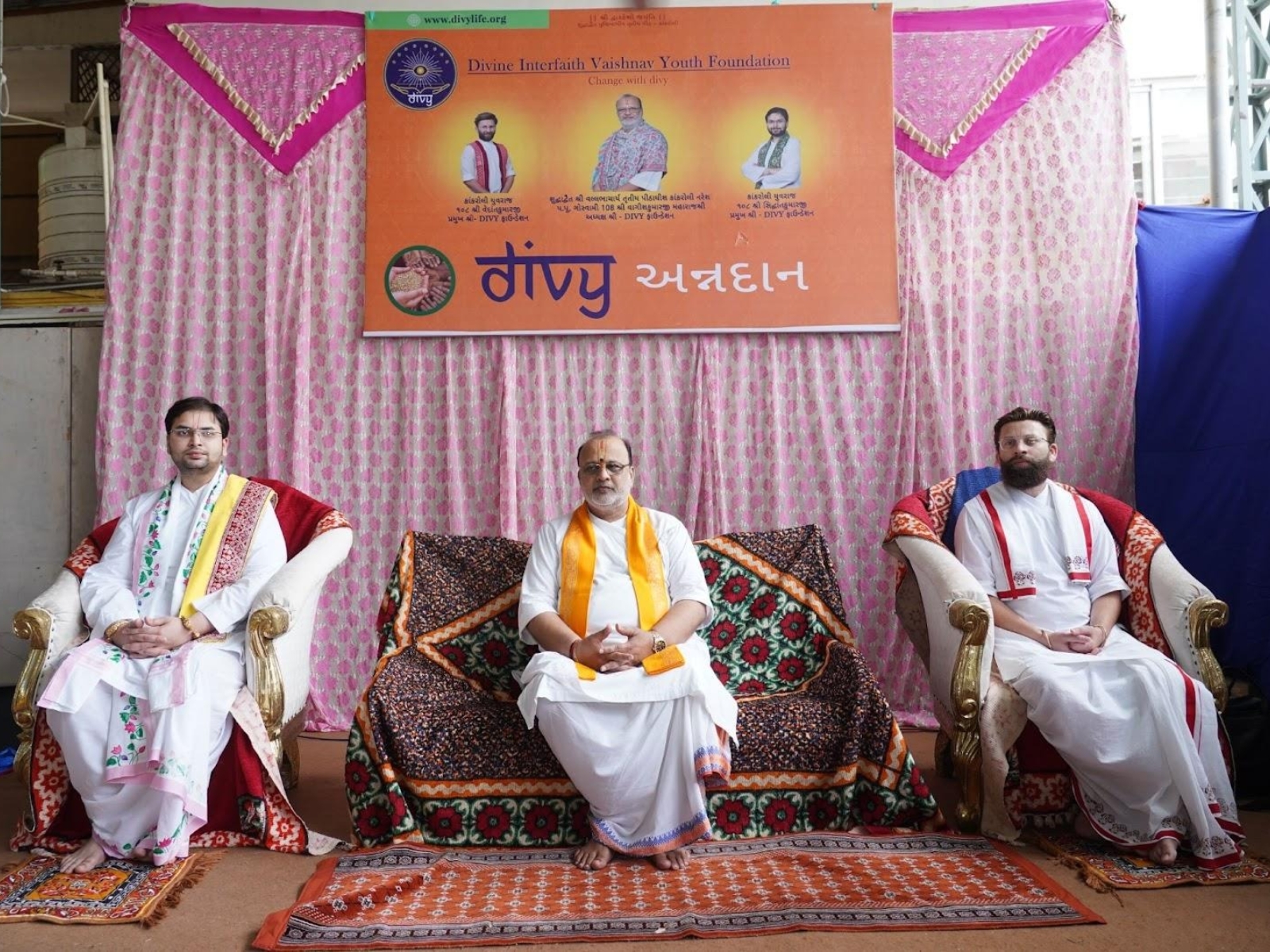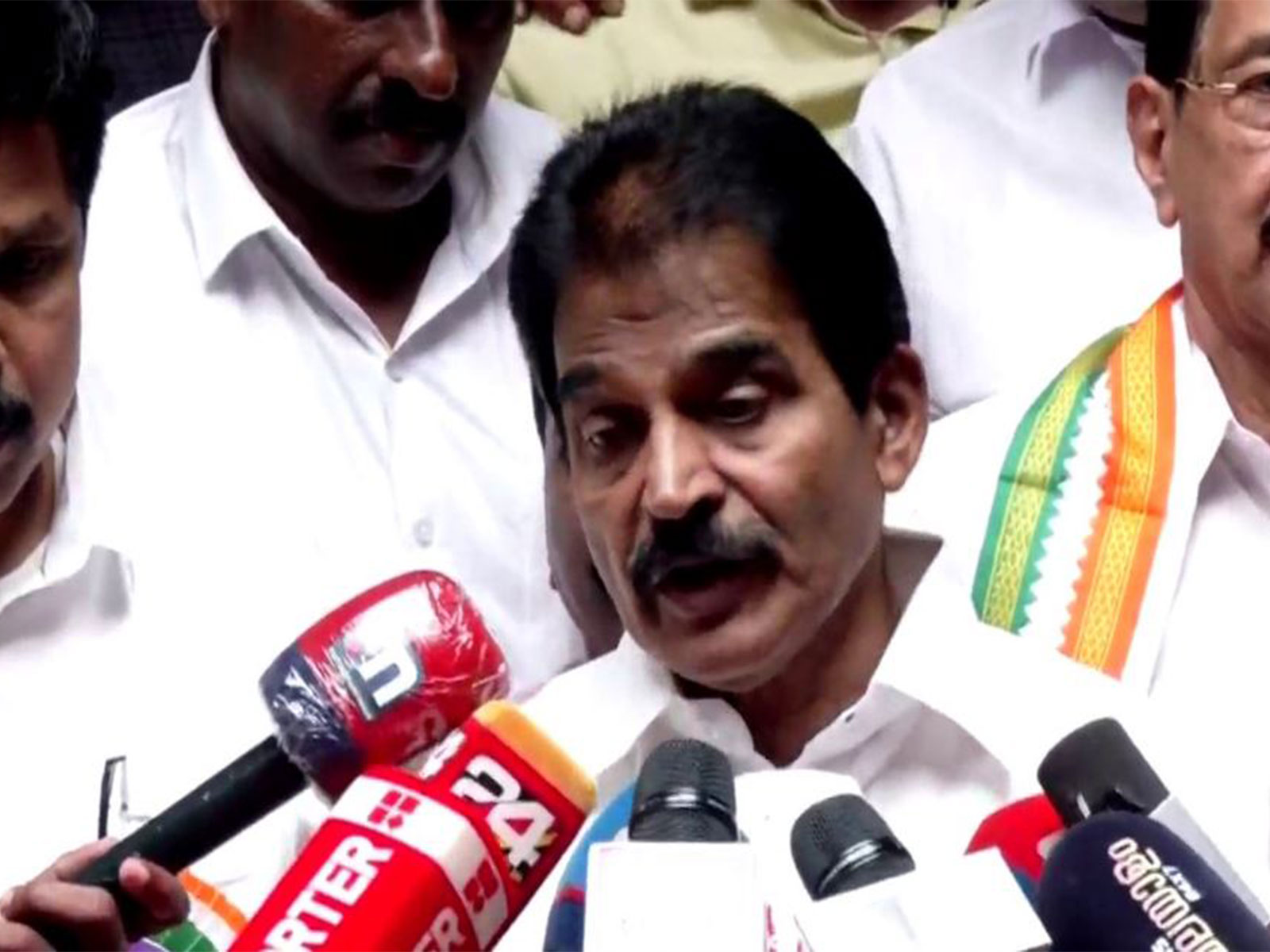
"Backdoor decision, part of secret agenda": KC Venugopal slams Kerala govt for signing MoU on PM SHRI
Oct 27, 2025
Thiruvananthapuram (Kerala) [India], October 27 : Congress MP KC Venugopal on Monday called the Pinarayi Vijayan-led Kerala government's move to sign an MoU on Pradhan Mantri Schools for Rising India (PM SHRI) scheme, a "back door" decision with "secret agenda".
Speaking to reporters, Venugopal questioned the Communist Party of India (Marxist) [CPI(M)] government, demanding a probe into the alleged pressure to make a "policy shift."
Venugopal said, "Decisions like signing the PM SHRI agreement without the knowledge of the Cabinet, the LDF, or even the party leadership raise serious questions. It must be investigated where this pressure came from to take such a decision through the back door. I believe that is what is most troubling for Kerala. This appears to be part of a secret agenda."
"It's not just a trip to Delhi; for some time now, we've been seeing decisions aligning with the communal policies of the Central Government. Even the CPI(M)'s all-India secretary seems to be under pressure, as the media suggests. The truth will come out in the coming days," he added.
Acknowledging an agreement on PM SHRI in Congress-ruled states, Venugopal said that they signed the MoU in the Ashok Gehlot government's final days, before the BJP came to power, while the Congress did not sign it in Himachal.
Venugopal said, "I have already pointed out that in Rajasthan, Himachal Pradesh, Telangana, and Karnataka, the signing of this scheme followed a clear political pattern. In Rajasthan, the Congress government signed it in its final days, right before the BJP came to power. In Himachal, we didn't sign it; they did after coming to power. Telangana and Karnataka followed similar trends."
"From what I understand, the PM SHRI scheme in Himachal was named after Rajiv Gandhi. If that's the case, then the CPM should explain why they needed to dilute their own party's stand. What was the reason to compromise on the policy they themselves declared in their party congress and meetings? The Cabinet had earlier opposed it, so what changed now? The question is, what prompted this policy shift, and why?" the Congress leader further asked.
When asked about CM Vijayan's planned meeting with CPI State Secretary Binoy Viswam, he said that either the CPI(M) or CPI will have to "make peace" on the PM SHRI agreement.
He said, "The real question Kerala is watching now is, who will yield? If the Chief Minister has to make peace, then he must withdraw from the scheme, as the CPI insists. But if the CPI(M) wants reconciliation, then the CPI will have to surrender. Let's wait and see which of these happens."
PM SHRI School is a centrally sponsored scheme intended to develop more than 14,500 schools across India. The scheme triggered a political row in Kerala, as it aims to develop schools under the New Education Policy (NEP), 2020.
However, Director General of Public Education in Kerala, Umesh NSK, clarified that the states have the freedom to formulate their own curricula, and that the NEP 2020 policy is a template and not mandatory to enforce, as education falls under the concurrent list.
"He (Secretary of the Department of School Education) clarified that (NEP 2020) it is a template and there is nothing called mandatory because education is in the concurrent list. It's a template based on which the state can formulate its policy, and very importantly, the most important bone of contention has been the curriculum, and he clearly clarified that states have the freedom to formulate their own curriculum," Umesh told ANI.
According to the Centre's Eductaion Ministry, Kerala currently has 47 of the 13,070 PM SHRI schools in the country.
Earlier on October 25, CPI's student and youth organizations All India Students' Federation (AISF) and All India Youth Federation (AIYF) along with Congress' Kerala Students' Union (KSU) marched to Kerala General Education Minister V Sivankutty's office protesting against the signing of PM SHRI scheme.
Police used water cannons to disperse the protestors.
